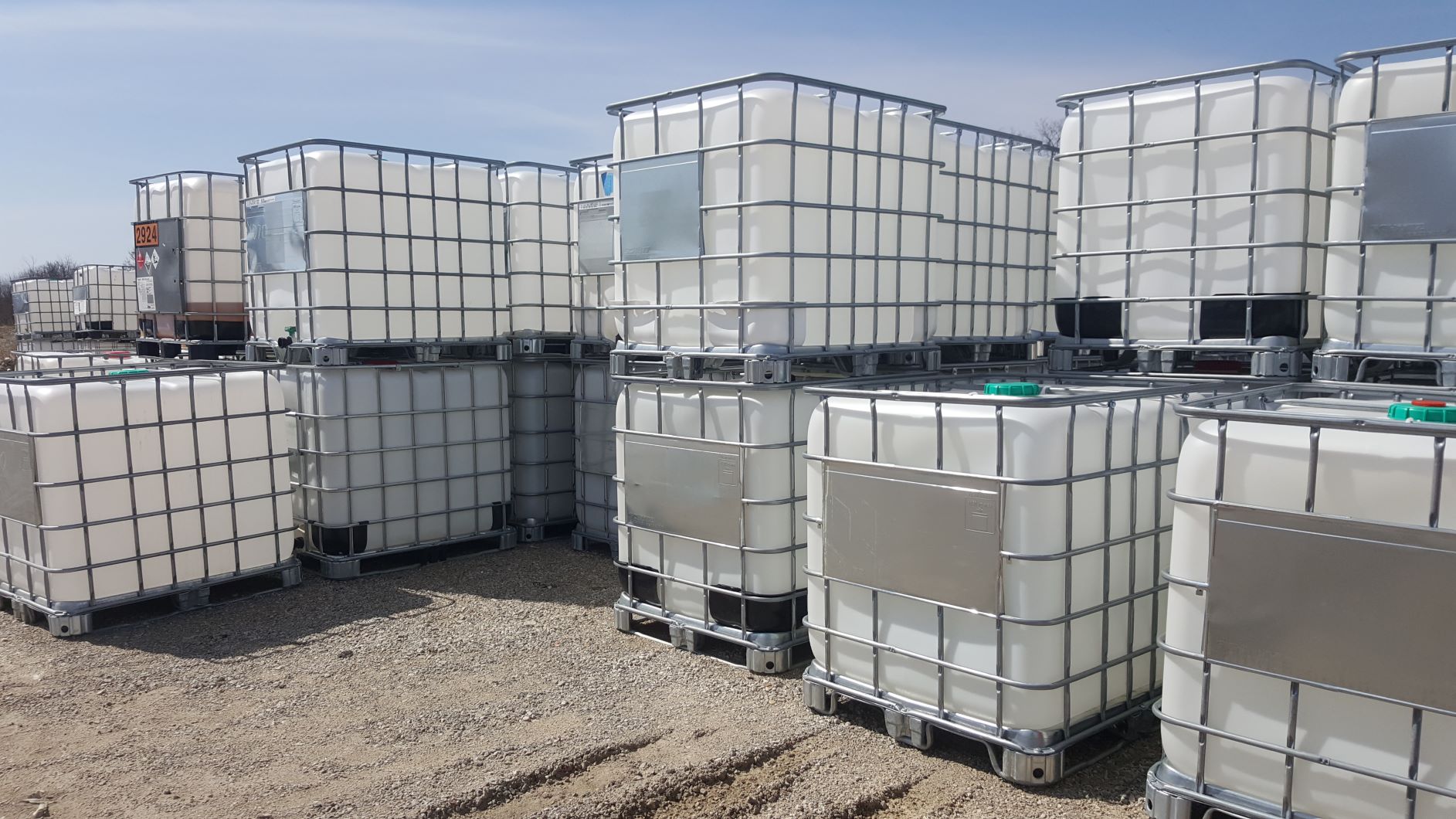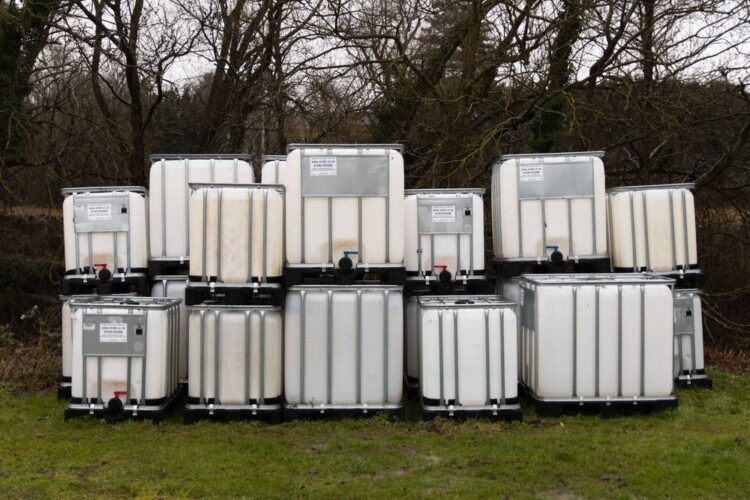When it comes to ensuring an efficient and economical way of transporting products, it’s essential that you get the right storage solution. A great option for companies looking to accomplish this goal is an intermediate bulk container (IBC). IBCs have numerous benefits compared to other methods of shipping, such as improved product quality preservation, temperature control optimization and effective cost savings. In this blog post, we will discuss what IBCs are and some of their potential uses in today’s marketplace. Read on to learn more about how intermediate bulk containers could be beneficial for your business!
What are intermediate bulk containers and why are they used in industry.
Intermediate bulk containers (IBCs) are a smart choice for industries that need efficient and secure transport of bulk quantities of materials. IBCs are essentially large, gas-tight tanks made from high grade metal or plastic, enclosed within a tubular outer steel frame. Their tubular shape makes them extremely durable, and their size allows them to contain a large amount of material on their own, even liquids like water and various chemicals. Furthermore, this modular unit is built in such a way that it can be transported easily either on its own or as part of an assembly along with other IBCs stacked together. This makes IBCs ideal for transporting vast quantities of materials across distances without having to deal with many individual items or smaller vessels that might break during transportation. In addition to this, most IBCs also come with advanced features such as integrated unloading/loading systems that truly make them an effective option for any industry that needs bulk material manipulation.
Types of intermediate bulk containers
Intermediate bulk containers (IBCs) provide a convenient means of transporting and storing large quantities of liquids and powders. They come in a variety of sizes, shapes, and materials to meet the diverse needs of different industries. Common types of IBCs are cubical tanks, rectangular tanks, and drums or tubs. Cuboidal tanks are made from plastic or metal for liquid items, whereas rectangular tanks fit larger solid items well. Moreover, drums and tubs usually come in plastic or fibreboard constructions and are ideal for storing solids such as flour, fertiliser, and other agricultural chemicals. No matter which type you choose, IBCs ensure safe storage and transport of their contents while ensuring that quality is maintained over long periods of time.
Benefits of using intermediate bulk containers

The world of logistics offers many options for effective and safe transportation, with intermediate bulk containers (IBCs) becoming increasingly popular. IBCs offer benefits such as improved storage and handling capabilities compared to drums and barrels, increased safety due to their sturdy construction, and higher levels of efficiency during transportation and load times. Furthermore, it is estimated that IBCs can offer greater cost savings than alternative storage units due to the capacity and ergonomic design that comes with each container. From powerful supply chains to daily operations at a variety of businesses, IBCs are quickly becoming one of the more preferred options for efficient transport.
Safety considerations when handling IBCs.
Handling IBCs requires special safety considerations to ensure they are safe and cost-efficient. There are a variety of risks associated such as slips, trips and falls, hazardous material spills, and possible respiratory issues from exposure to dust. Proper regulations need to be followed when dealing with these containers such as monitoring the materials being stored and conveyed, proper ventilation in any area IBCs are present, inspection processes that check containers for possible damage or leaks, and frequent cleaning so no hazardous material builds up on surfaces. With the proper care and attention to safety regulations, working with IBCs can be a secure operation beneficial to all involved.
In conclusion, IBC’s are a great solution to many problems in manufacturing and moving bulk goods. They have advantages over drums including being more cost-effective in the long run and saving space during shipping or storage. With the right dimensions, capacity and design, IBCs can be tailored to fit specific needs while considering handling requirements and environmental conditions. Furthermore, by having auxiliary components such as shrouds, pallets and rotomolding, operations can increase their efficiency both indoors and outdoors. Even though improper storage could cause safety considerations such as slip wounds from spilled liquids, these risks can be easily managed by following the manufacturer’s directions for using IBCs. All of this considered, when selecting an IBC for your business it’s essential to take into account all of these requirements for optimal usage for industrial tasks like storing and transporting bulk goods that involve hazardous materials or chemicals.

